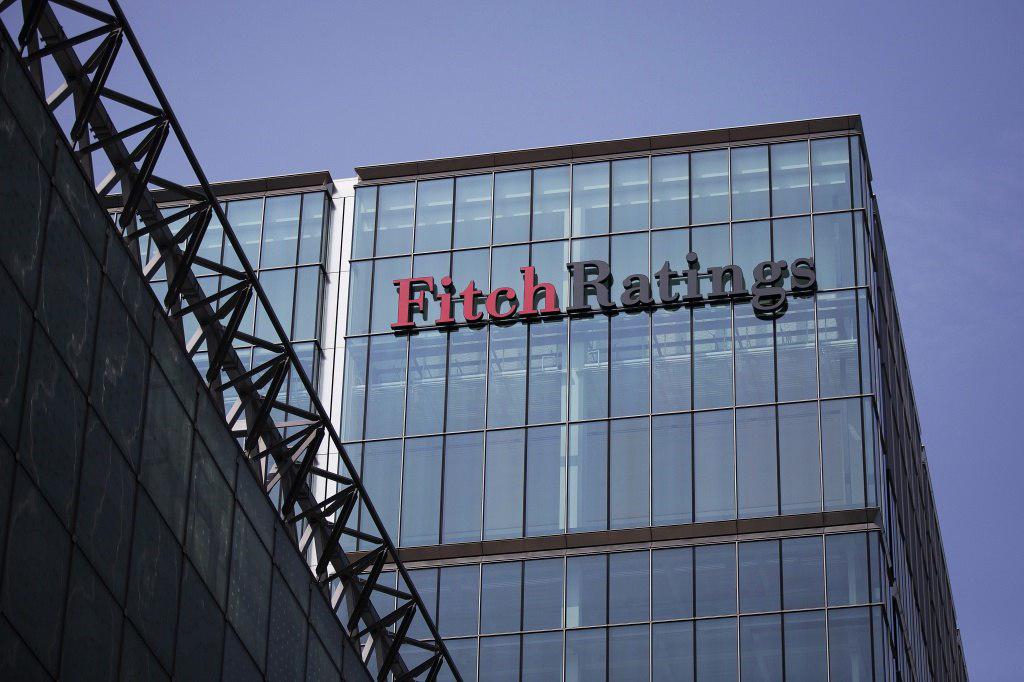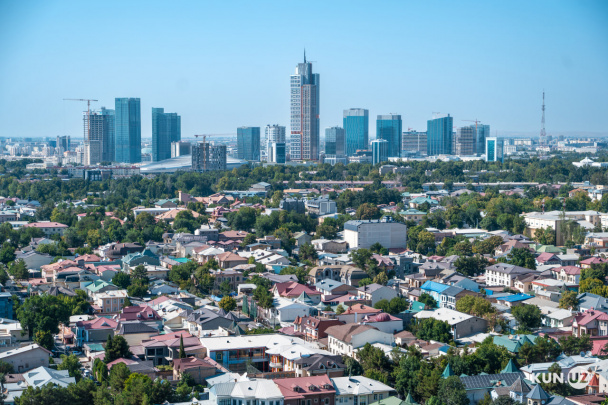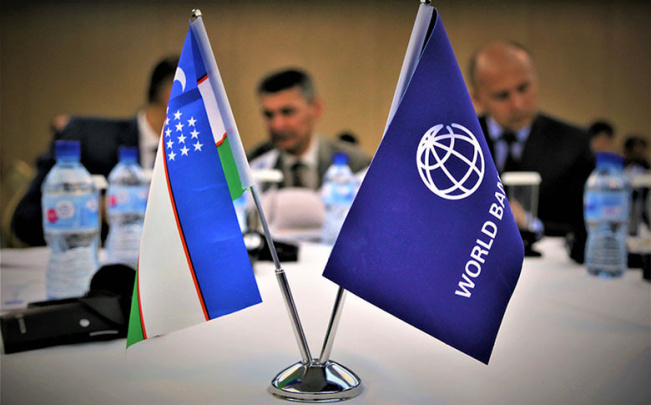High level of dollarization is one of the main problems Uzbekistan should overcome – Fitch Ratings

Photo: Wall Street Journal
Fitch Ratings confirmed the long-term rating of Uzbekistan in foreign and national currency at the level of “BB-” – the forecast is stable. The press release of the agency states about it.
The report notes that the ratings of Uzbekistan are stable ensured by reliable sovereign balance, low government debt and record growth against the background of high commodity dependence, high inflation and structural weaknesses in terms of low GDP per capita.
The agency calls high dollarization as one of the main problems. In particular, it limits the effectiveness of monetary policy, because dollars account for 37.4% of deposits and 56.5% of loans.
Other problems include a high proportion of government financing of loans below market rates (50% of outstanding loans) and underdeveloped local capital markets.
On this basis, Fitch expects inflation to be on average 15.2% in 2019 and drop to 13.5% in 2020.
“The current account deteriorated to a deficit of 7.1% in 2018 from a surplus of 2.5% in 2017, reflecting rapid import growth (67% yoy for capital imports) as well as the removal of FX and current account restrictions. Continued strong domestic demand, public sector investment projects and likely slower demand from key trade partners will maintain a deficit at 7.1% in 2019 before declining to 5.9% in 2020. Large current account deficits, if sustained, will lead to increased vulnerability to external financial or commodity shocks and higher external indebtedness,” Fitch predicts.
According to Fitch, Near-term risks derived from the high current account deficits are mitigated by increased external financing availability, the sovereign external balance sheet strength in relation to rating peers and low financing needs. Sovereign net foreign assets will decline to 25% of GDP in 2019, down from 34% in 2018, but will remain stronger than the -1% “BB” median. Gross international reserves will finish 2019 close to the end-March level of $27.6 billion, maintaining robust reserve coverage of 11.9 months of CXP in 2019 and 11 months in 2020, more than double the forecast 'BB' median. External liquid assets as a share of short-term liabilities, at 329% in 2019, are among the highest in the “BB” category.
Despite the current strong commitment of the political leadership to the reform agenda, Fitch considers that the delay in the materialization of its benefits in terms of higher growth, increased private investment and employment creation in combination with greater-than-expected social costs could cause reform fatigue, although this would be unlikely to impact social stability.
Recommended
List of streets and intersections being repaired in Tashkent published
SOCIETY | 19:12 / 16.05.2024
Uzbekistan's flag flies high on Oceania's tallest volcano
SOCIETY | 17:54 / 15.05.2024
New tariffs to be introduced in Tashkent public transport
SOCIETY | 14:55 / 05.05.2023
Onix and Tracker cars withdrawn from sale
BUSINESS | 10:20 / 05.05.2023
Latest news
-
Uzbekistan's first ambassador to Serbia begins official duties
SOCIETY | 11:27
-
Massive embezzlement uncovered at Andijan State University: Rector, chief accountant and other officials jailed
SOCIETY | 20:36 / 07.07.2025
-
Uzbekistan's economy expands 6.8% in first half of 2025
SOCIETY | 20:34 / 07.07.2025
-
Heatwave triggers nearly 250,000 emergency calls across Uzbekistan
SOCIETY | 20:31 / 07.07.2025
Related News

20:34 / 07.07.2025
Uzbekistan's economy expands 6.8% in first half of 2025

15:18 / 07.07.2025
Uzbekistan’s external debt hits $68.4B amid surge in corporate borrowing

16:15 / 04.07.2025
World Gold Council: Uzbekistan tops global gold sales in early 2025

17:16 / 02.07.2025



